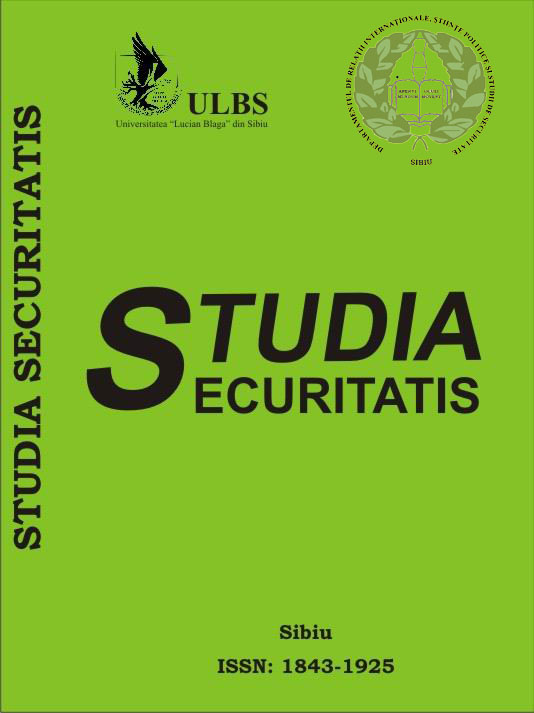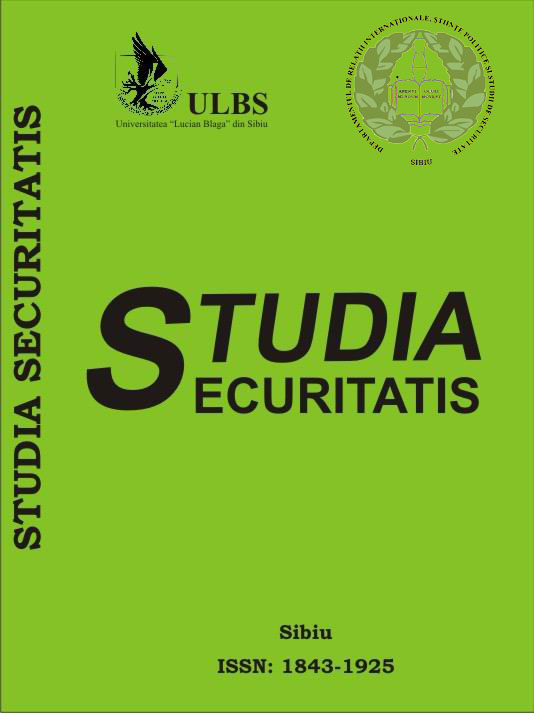
THE NATIONAL SECURITY OF UKRAINE UNDER THE CURRENT GEOSTRATEGIC TENDENCIES
THE NATIONAL SECURITY OF UKRAINE UNDER THE CURRENT GEOSTRATEGIC TENDENCIES
Keywords: National security; Ukraine; strategy; threats
The genesis of national security paradigm of Ukraine is considered in comparison to European and world practice, NATO approach.The article reviews the new threats to security of Ukraine after the“Revolution of dignity” (2014) and prefigures a dialogue about the newparadigm developed in the latest decades in the field of national security.Lessons of Ukraine are observed for its allies.
More...
